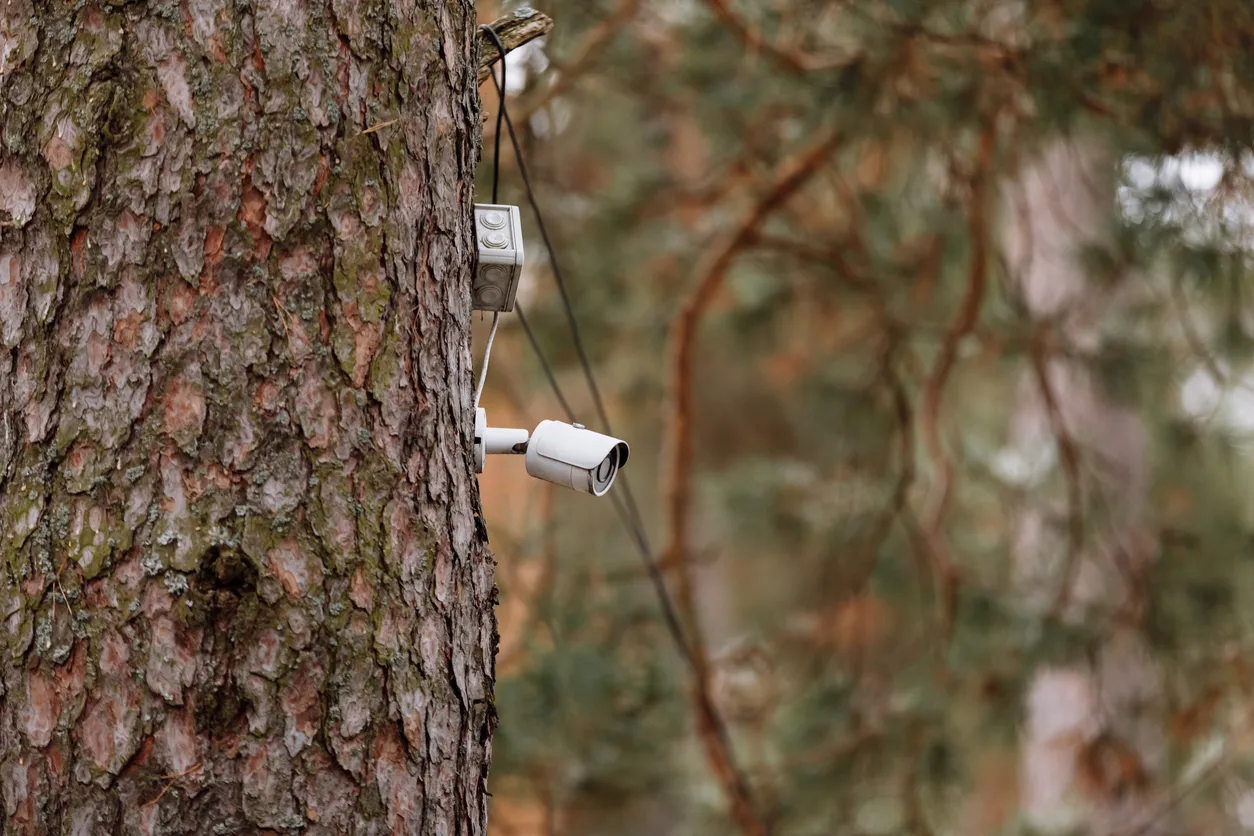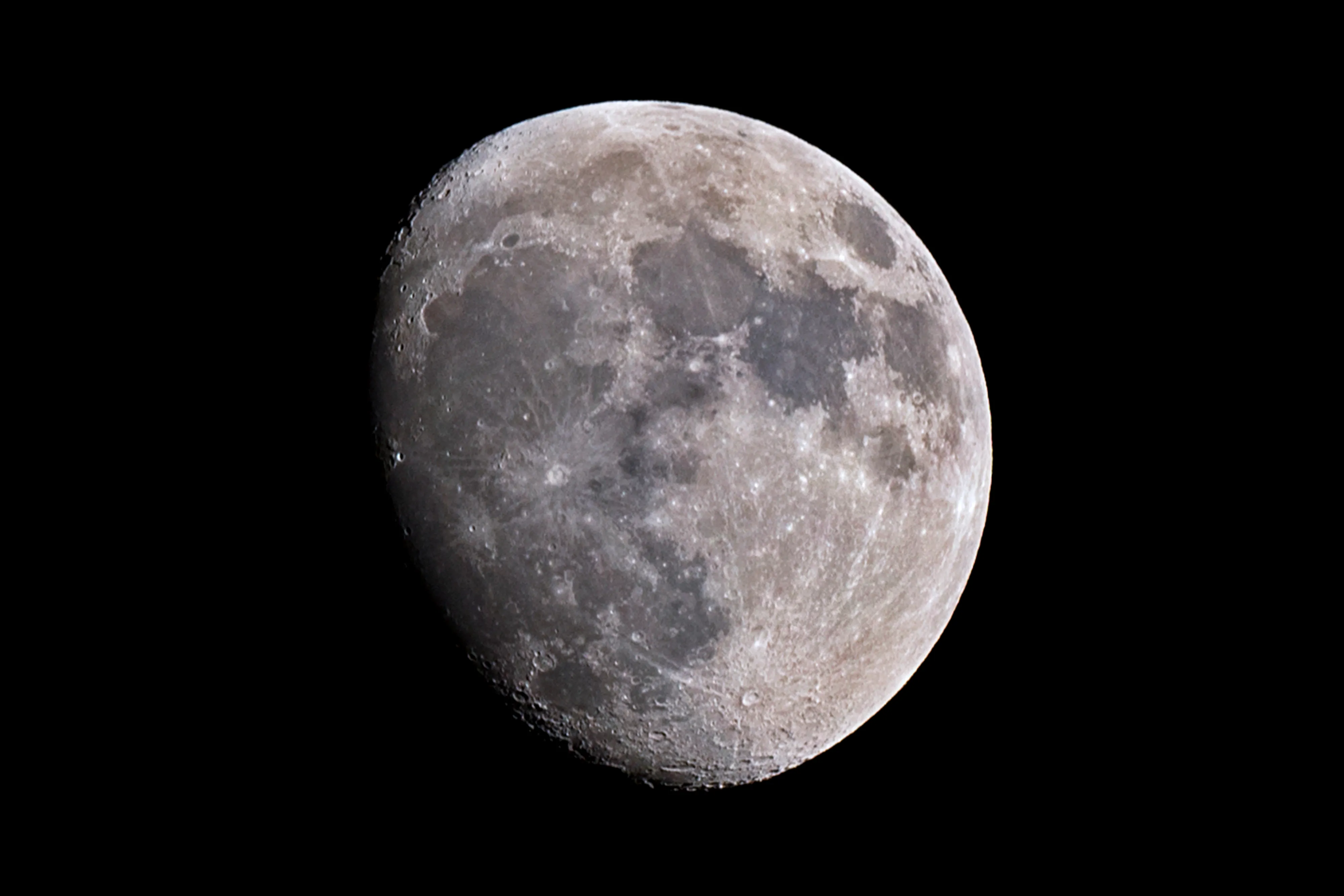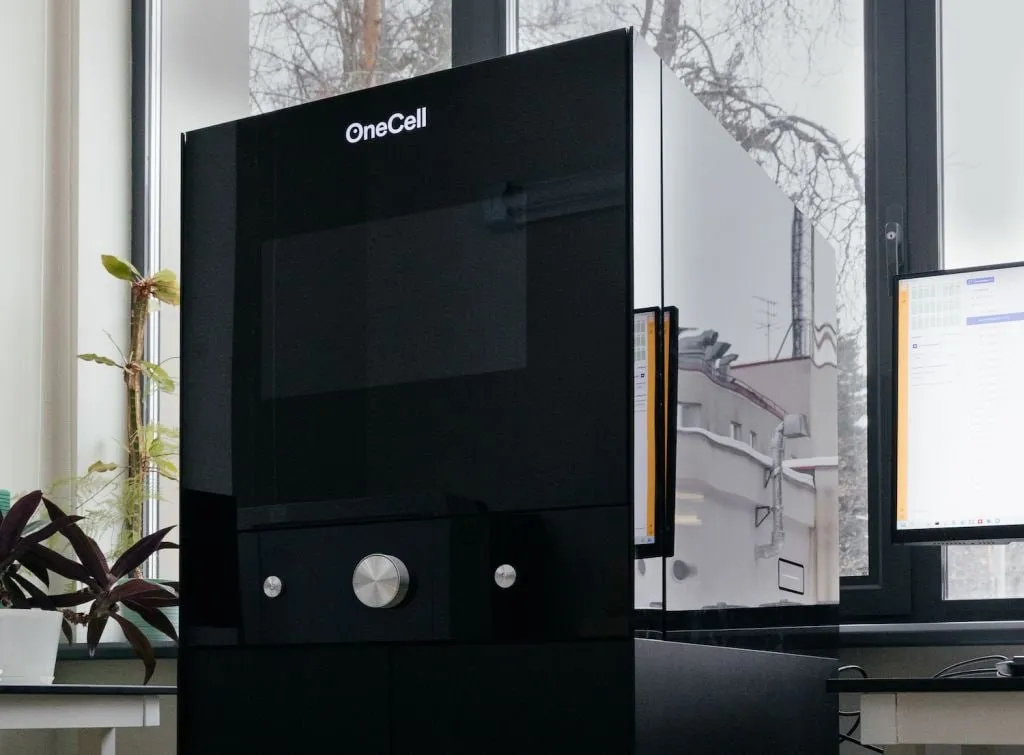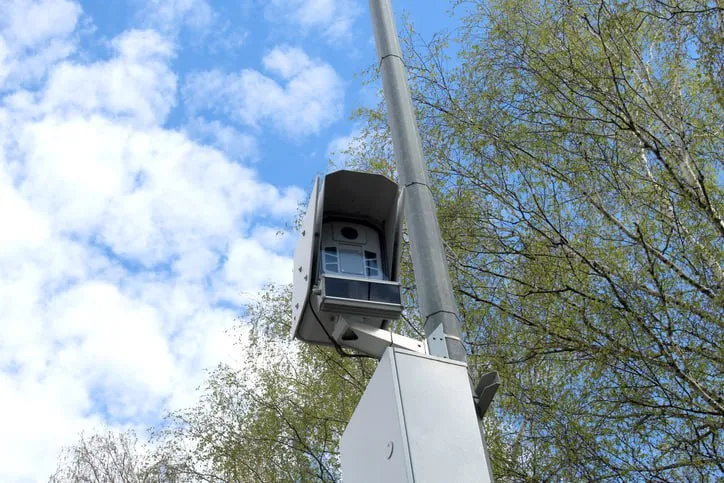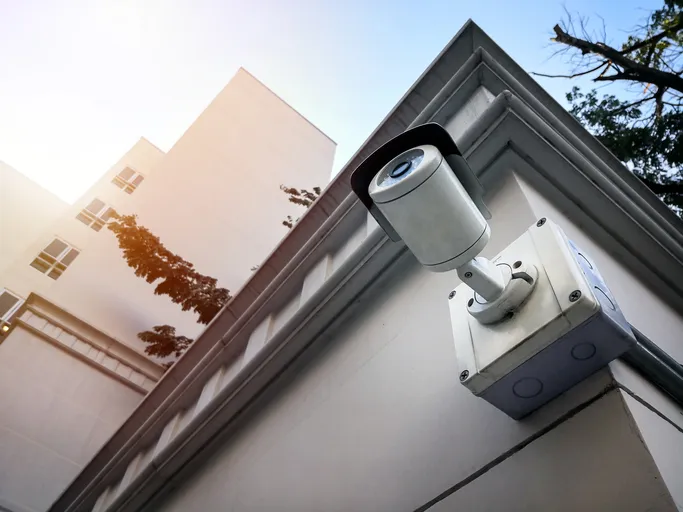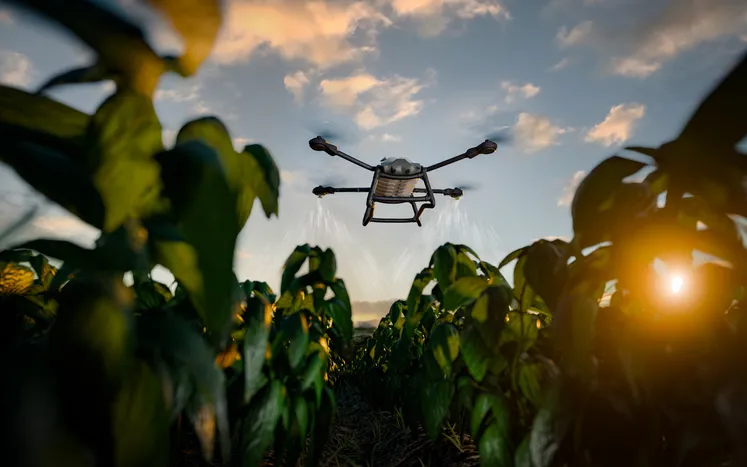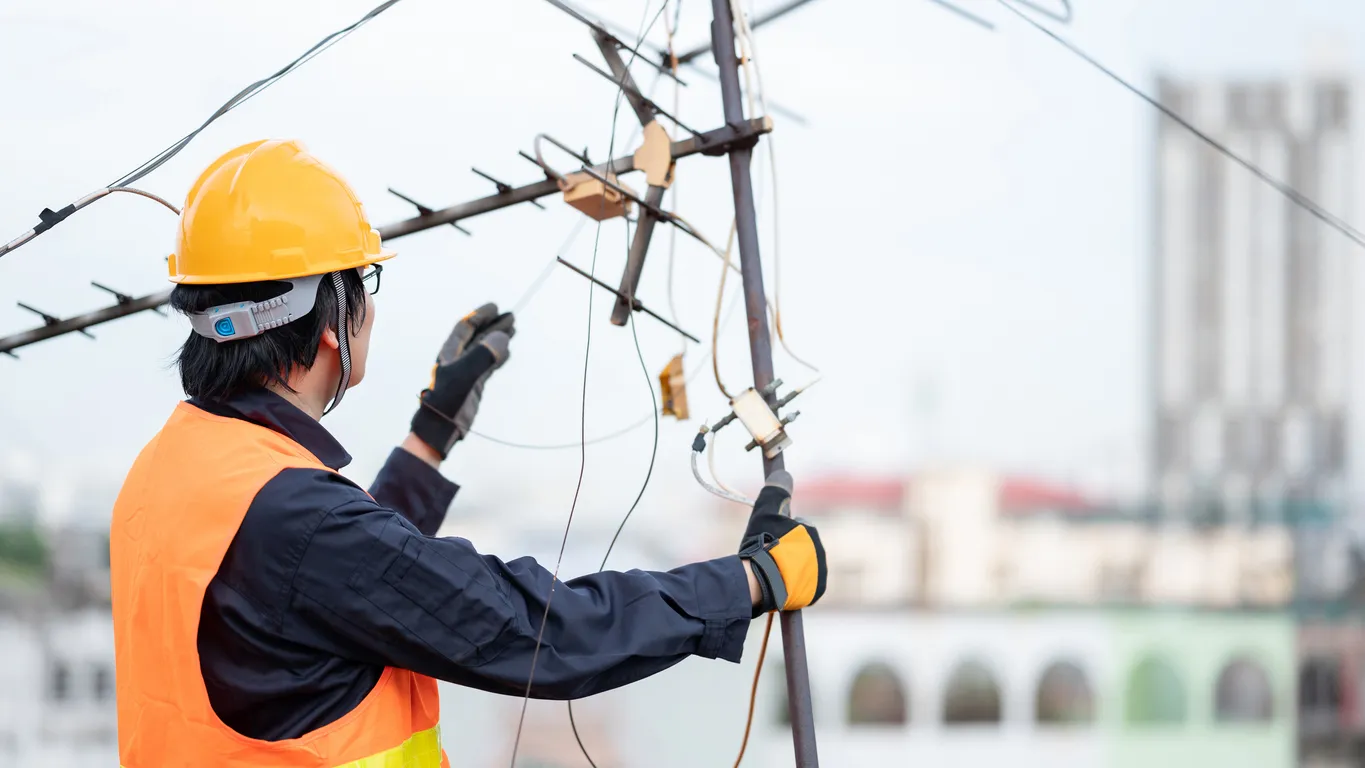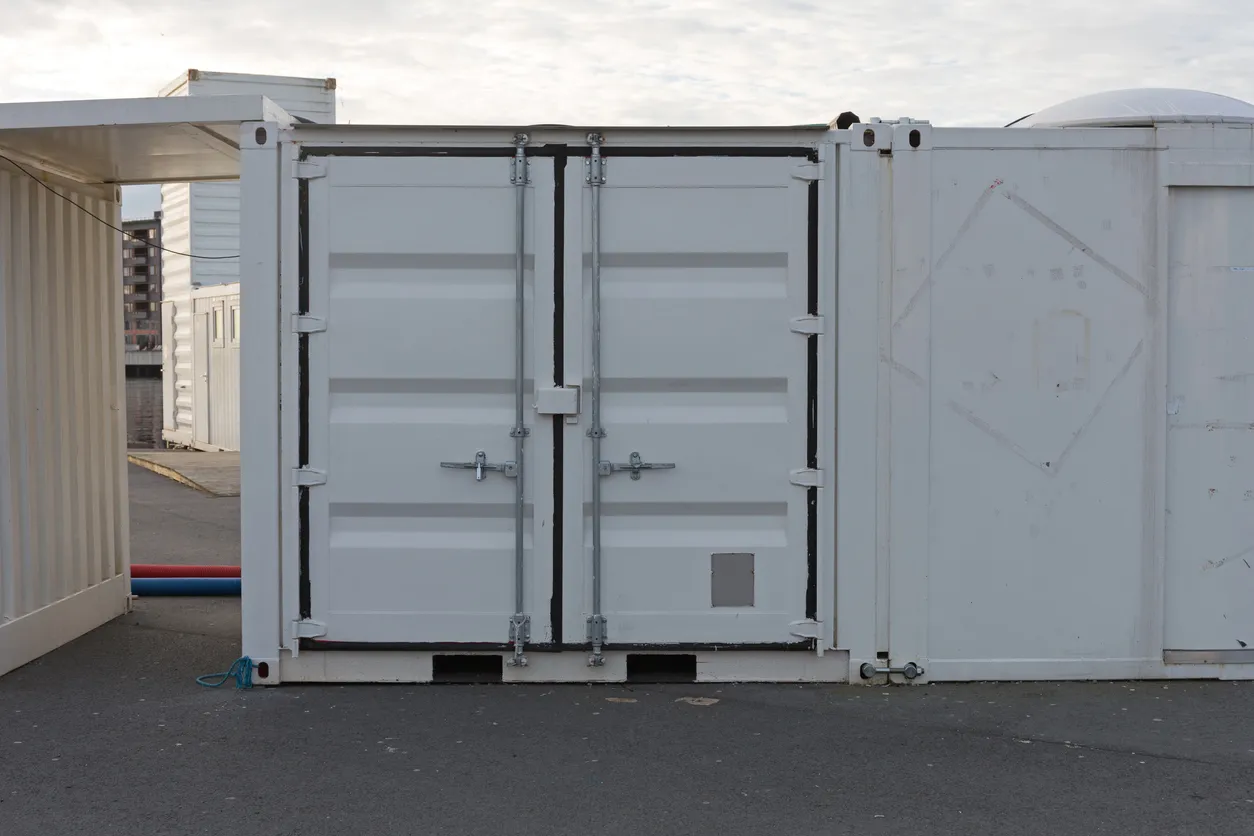Russia’s ‘Digital Hive’ Boosts Honey Production With Smart Beekeeping
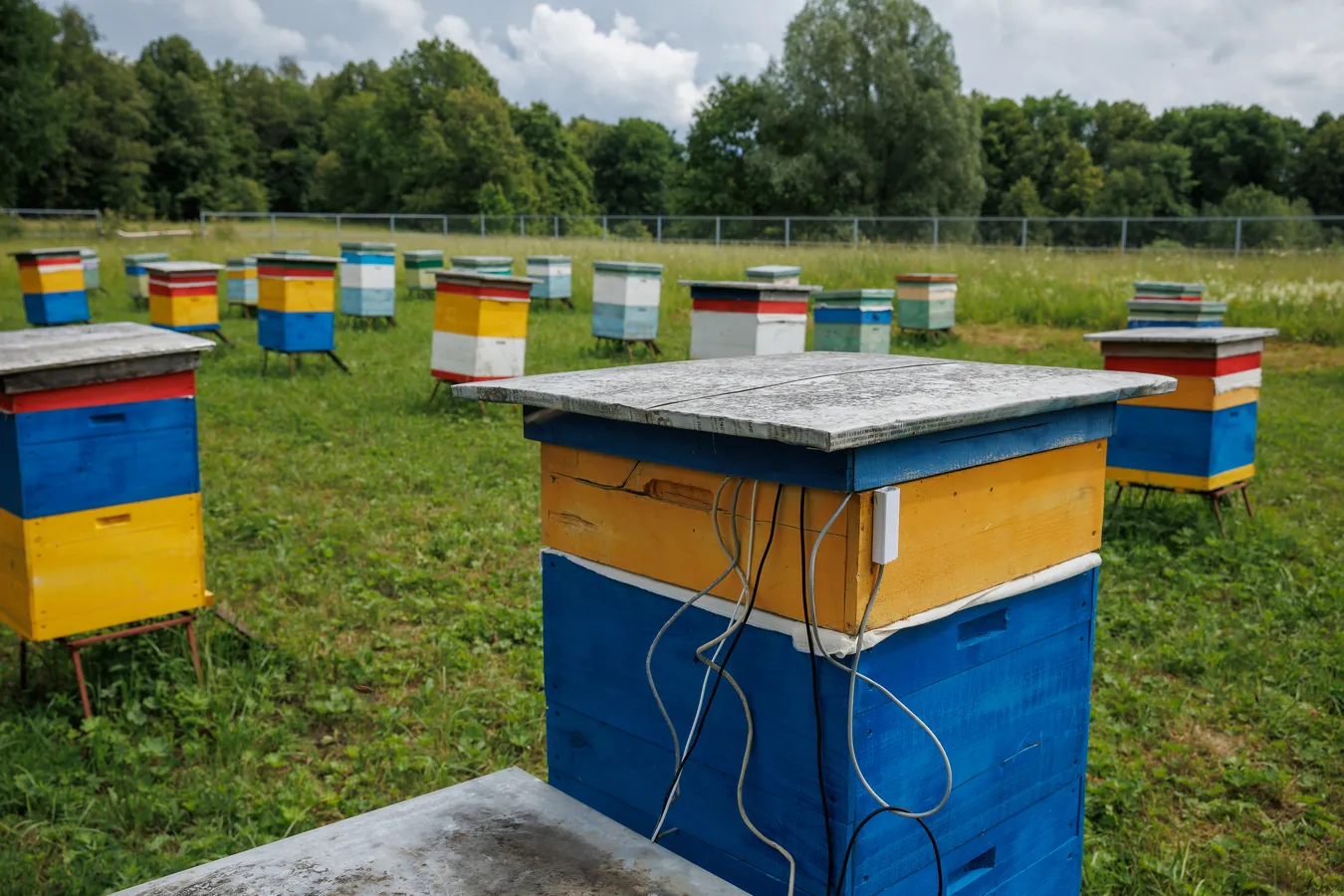
A high-tech system from Rostelecom helps Russian beekeepers remotely monitor hive health, increasing yields and streamlining operations.
Russia is taking its push for agricultural digitization into the apiary. One of the most unusual innovations is the “Digital Hive,” developed by the telecom giant Rostelecom. The smart system enables beekeepers to remotely monitor hive conditions, boost honey production, and even track a “happiness index” for bees, according to Region 64.
Each hive is equipped with sensors that track weight, temperature, humidity, CO2 levels, and other indicators. The data is transmitted in real time to a smartphone or computer via a cloud-based platform. The system sends alerts about potential problems, such as a sudden drop in weight—which might indicate the need to relocate the hive—or signs of poor internal conditions.
This tech eliminates the need for handwritten logbooks, storing all information digitally. It also saves time, letting beekeepers manage remote apiaries without being physically present. Most importantly, it works: trials showed a 15 percent increase in honey yields and healthier bee populations.
In 2025, Rostelecom plans to roll out a wireless version of the Digital Hive and integrate the platform with government systems run by the Ministry of Agriculture. This would allow beekeepers to instantly receive veterinary certificates, data on pesticide levels in nearby fields, nectar maps, and access to a national honey exchange.
The system has already been piloted successfully in several regions. The Digital Hive stands as a vivid example of how smart technologies are making Russian agriculture more efficient—and making life easier for the country’s farmers.







